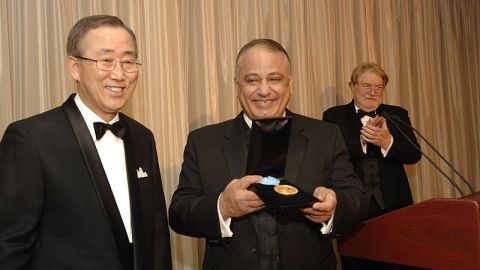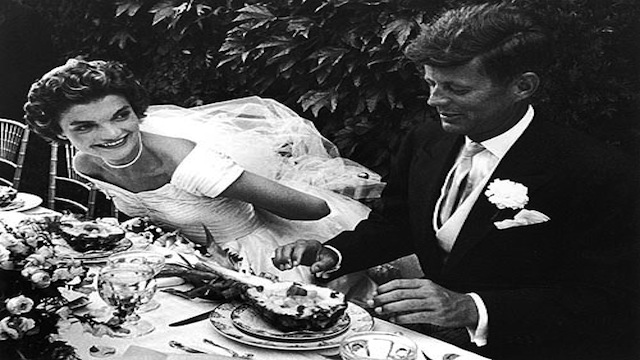In Defence of Ban ki-moon

There is at least one way of guaranteeing Western media interest in the United Nations; a leaked letter from a disgruntled former employee that attacks a “leaking culture” within the organisation, that heaps opprobrium on the Secretary General, Ban Ki moon, and is handed to a newspaper at the same time as it is sent to the man himself.
This happened last November, when Norway’s former deputy UN Ambassador, Mona Juul, abandoned much claim to being a diplomat by leaking a rip roaring attack on Ban ki-moon, and it happened again a couple of weeks ago when another Scandinavian, this time a Swedish auditor Inga-Brit Ahlenius, berated the Secretary General for being “ineffective” and claimed that the UN Secretariat was “in terminal decline”. The bottom line being that Inga-Britt Ahlenius, who was head of the investigative unit which is charged with combating corruption at the UN failed to get a former US prosecutor, Robert Appleton, to lead her investigations unit.
At one level, criticisms of the United Nation’s slow moving apparatus carry legitimacy, at another level there is due process to be followed with appointments – and the United Nations does have a policy of ensuring that all candidate short-lists contain women, and the suggestions that Appleton was not only the best qualified, but that there were no women so qualified, does seem to undo the central thrust of Ahlenius’ claim. Be that as it may, for what followed from an excitable vituperation directed against the Secretary General, was not a paragraph or two at the bottom of a page, which is what a similar tale from a disgruntled employee anywhere else might warrant, but a full scale blast from the Washington Post and a coterie of critics elsewhere.
The problem for the Secretary General, Ban ki-moon, is that his position militates against him leading a personal fight back against broadsides such as these – but in any event there will be those who argue that he shouldn’t be drawn into such spats, which could take his eye off the ball from much more significant parts of the United Nations operations. But the problem goes wider than the shortcomings of any large organisation, or indeed the way in which those issues are aired, it is that elements of the Western media have developed a narrative about Ban ki-moon, which is not only unfair, it is wrong. But the negativity is infectious, and when UN staffers only read the bad news, they begin to fall for a collective mindset where only the negative counts.
Ban’s media critics and disconsolate Scandinavian staffers may have legitimate concerns about the organisation, but they miss the bigger picture; namely that the United Nations is only as strong as its members States wish it to be. The reality is that the big powers don’t really want it to be strong at all, which is why its budget is about as big as the NYPD fire department. What is particularly unfair is the attempt to shift the blame for this historic lack of support and interest in the United Nations solely onto the shoulders of Ban ki-moon.
It is easy to hone in on Ban ki-moon, which is what some media organisations did right from the beginning of his term in office, since the UN – especially during the Bush era – had been designated a useful whipping boy. Ban’s brow beaten predecessor, Kofi Annan, is now remarkably being compared favourably to his successor which gives some indication of the comparatively short memories of some. Annan is frequently referred to as ‘charismatic’, which is debateable. What isn’t is that his long drawn out conversion to go public on the international legal ramifications of the Iraq War were enough to earn him the undying hatred of the Bush administration. Ban ki-moon was therefore seen as a safe pair of hands, who wouldn’t create ripples on the pool.
The truth is somewhat different. Ban ki-moon has not only pushed the whole issue of climate change sharply up the international agenda, his stance should shame those countries who failed to step up to the plate at Copenhagen. There is barely a country he has not visited, and his behind the scenes diplomacy is lauded by many for achieving results. And isn’t that really what the World wants from a Secretary General? In fact his record in this his first term, compares more favourably than many of his predecessors. Not only has Ban proved that he is his own man, he carries a moral authority which I suspect we will come to see more of.
Quite how though, he can disarm his critics in elements of the Western media is another matter of course. They matter, but not too much.





